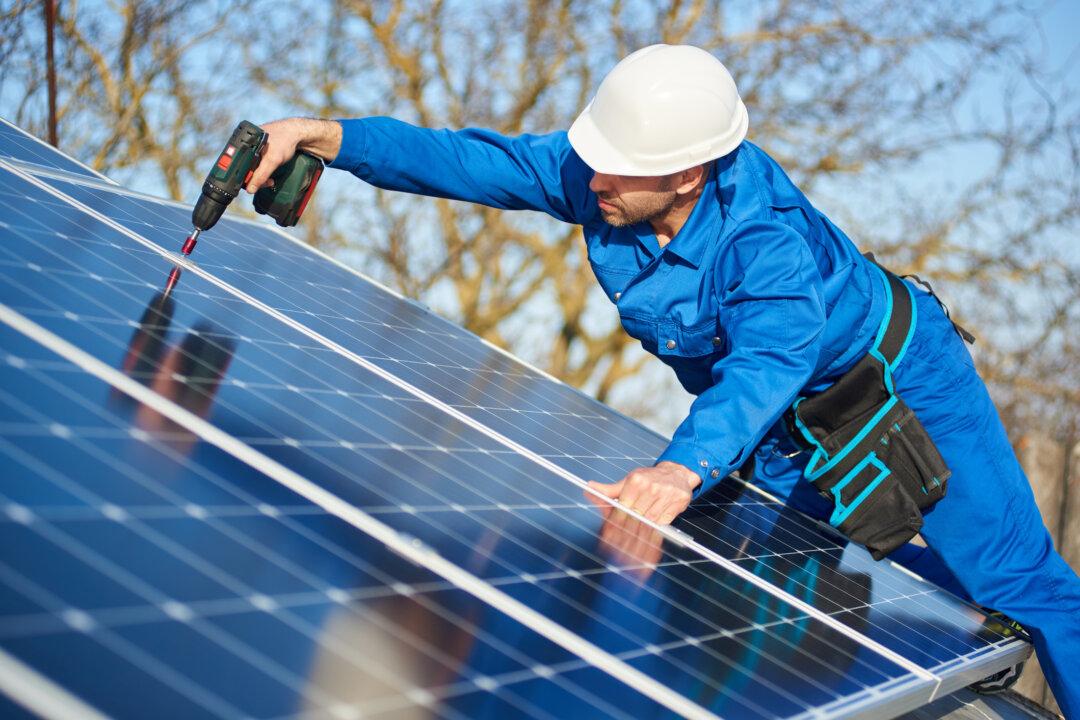By Daniel Bortz
From Kiplinger’s Personal Finance
Sometimes you need to spend money to save money. That’s true when it comes to making home improvements to lower your energy bill.

Sometimes you need to spend money to save money. That’s true when it comes to making home improvements to lower your energy bill.